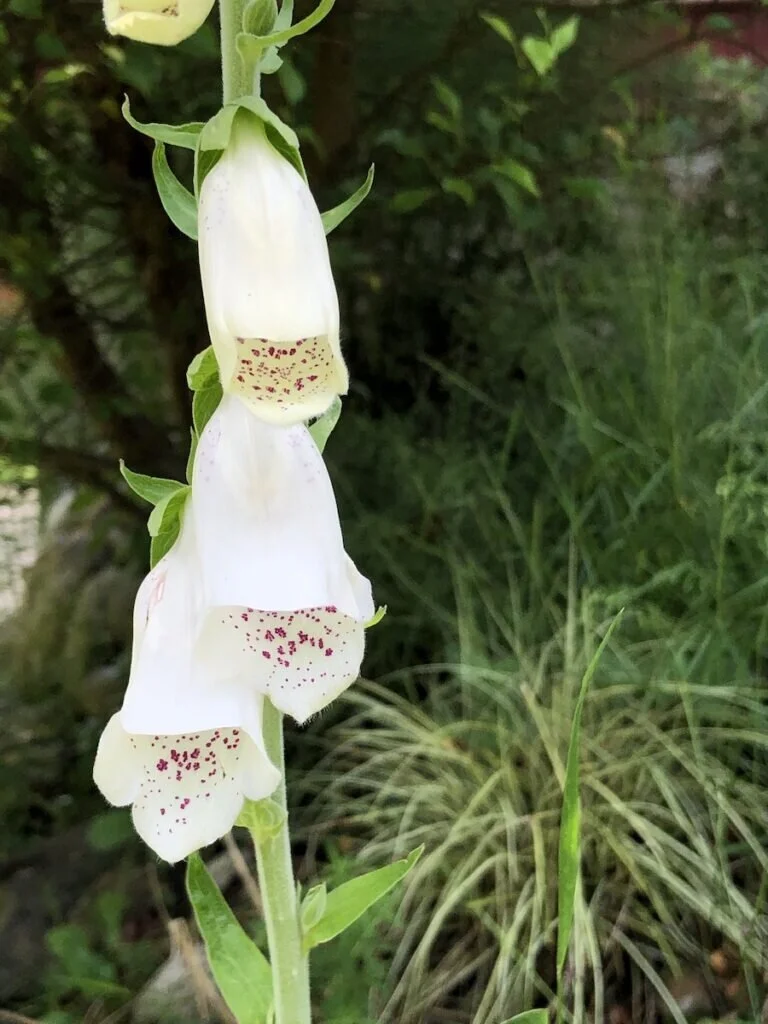Empowering Empathy
Note: This post refers to empathy in the sense of one person deeply understanding another’s experience, not in the sense of the highly sensitive “empath” who can feel the feelings of other people without necessarily becoming familiar with their experiences.
Hearts have been opening. Can you feel it?
More and more people are realizing that we’ve been forsaking our species through our personal and cultural ignorance, silence, indifference, and aggression towards BIPOC. Universal energy expands, even through its discomfort, at times like these. We’re understanding that an attitude of “not my problem” cannot be adopted if we want to thrive as a species.
Tree shelter by KB
When I was in college, I participated in a “racial sensitivity” training given by a group of hastily recruited BIPOC students in response to an incident on campus. The main thing I learned from that training was that I didn’t know—that I couldn’t know—what it was like to be someone in the US with skin any color other than white. I was taught that, while I could have sympathy for the BIPOC experience, it was impossible for me to empathize.
While I appreciate now what the training was attempting to teach—the reality of white privilege, without the benefit of those words and their greater context; and the need to see each human as his/her/their whole self with real societal challenges, rather than adopting a “color blind” point of view—at the time, my heart was devastated.
How could I not empathize? Weren’t we all human? Wasn't each of us a microcosm of the Universe, made of the same particles?
Many years later, having absorbed the teaching in my mind, I heard myself conscientiously regurgitating the words, “I cannot empathize, but I sympathize with what you’re going through.” I was sitting with a BIPOC friend who was releasing grief after enduring a traumatic experience in a room with mostly white people, mostly unaware of their privilege and, likely, trying to be blind to skin color.
Foxglove by KB
My heart knew that those words weren't the ones my friend needed to hear, even though I had understood the message of those words, and my conveyance of them, to be a most important truth.
An injustice towards any segment of humanity IS our problem, and any divide between acknowledging in our minds that injustices exist and understanding in our hearts how living with those injustices might feel is smaller than we might think. The gap of separation is caused, on the surface, by our lack of imagination. We cannot understand someone else’s experience when we see only through our own limited perspective.
Studies have found that reading literature enhances our capacity for empathy. If we read or listen to the stories of people or protagonists that we don’t think we can “relate to” or “identify with,” we can begin to understand their experiences of life. If we expose ourselves to these stories and share our own, not only will this help build empathy across divides, but voicing the truths of our own experiences helps us to grieve them, to let them go, and to open up to the creation of new ones.
After opening to this leap in understanding, we need to dive into our capacity for compassion.
I have learned that we cannot feel true compassion for another being, as genuine as it might feel to us, if we do not hold our own selves in compassion. More recently, I have learned that, before even beginning to have compassion for humans, including ourselves, we first need to have compassion for the root of all being, Earth.
Icelandic poppies by KB
Developing awareness of the natural cycles of life and death, cultivating compassion for plant and animal beings, attempting to create a reciprocal relationship with the natural world and its abundance, all nourish a compassion for the ancestor of us all.
Once we practice compassion on a level with nature, many people then attempt to show compassion for other human beings. But, without compassion for ourselves, we cannot yet hold others in the unwavering compassion that empathy requires.
Self-compassion is something that eludes most of us, often because of ancestral or lived traumas that make us feel never "good enough," or because of the pervasive, predominantly Western, idea that all humans are born unworthy. We have fallen, perhaps at the very beginning of our creation, and, as a result, we are not worthy of our own love.
I have been told by people who routinely beat themselves up that they “love” themselves. I used to tell myself the same thing, in order to convince myself it was true, even though I had no idea how to.
Creating compassion within ourselves for ourselves is not something that's easy to learn in an egocentric capitalistic society. More often, we learn to compare ourselves to others.
This habit often leads to us seeing ourselves as “not enough” if we’re disenfranchised based on our class, gender, race or LGBTQ status, and/or if we don’t measure up to the standards of our parents, teachers or peers; to what the media deem desirable via the Internet, commercials or magazines; or to the idealized dreams of “happiness" we've created as a result of these influences.
Seaweed by KB
Loving ourselves means loving ourselves as we are, not as we could or should be, not as anyone else thinks we can be. That means embracing ourselves, even in our privilege and our mistakes, even in our challenges and our grief. It means giving ourselves the same love and understanding that we're able to give to the sun, stars, sky, soil, tree, a new pet, a newborn child, our helping spirits/Source/Universe/God. When we're able to do that, we can truly hold other humans in the same kind of understanding, in the same kind of love.
Given this month's subject, I expected to encounter the balancing Gebo, again; however, the runes Ansuz and Algiz are offering themselves up for contemplation.
This month, Ansuz relates to our need to tell and listen to the stories of the whole of humanity. This rune also appears in order to remind us that the words we use, the thoughts we have, create our reality. We need to take care with how we communicate, both to ourselves and to others.
What kind of world do we want reflected back to us and our fellow humans? Is it one of joy or aggression? Response or reaction? Possibility, or grief and fear? Words and thoughts can transform our self-criticism to self-compassion, even when we’re having a bad day.
Algiz offers itself in order to remind us that we can protect each other. Whether it’s by speaking up and speaking out about injustices, or simply by wearing a mask in public, it is an important time for us to relearn our ability, and our duty, to protect one another, just as our deeply ancient ancestors, by necessity, protected one another from predators, supported one another through natural disasters, and came together to create new ways of living in the midst of upheaval and change. Compassion creates an essential foundation from which our ability to protect ourselves and others can grow.
Now is the time for us to remember who we, and all humans, are:
A human with a story
who is built to protect and support truth.
who is meant to share experience and grow wisdom.
who can look in the mirror and say, "you are enough."
who can remember how to act from a kind and courageous heart.
who can recommit to cultivating joy in this world.
Many blessings as the greater truths continue to unfold, as we find our voices in this new paradigm that’s being called into being, and as we build for ourselves, and for all of those around us, the kind of understanding that's rooted in true compassion.
Note: To experience a marginalized perspective on Earth as ancestor, with some valuable work on the meaning that place-names carry, consider reading Lauret Savoy's Trace.





